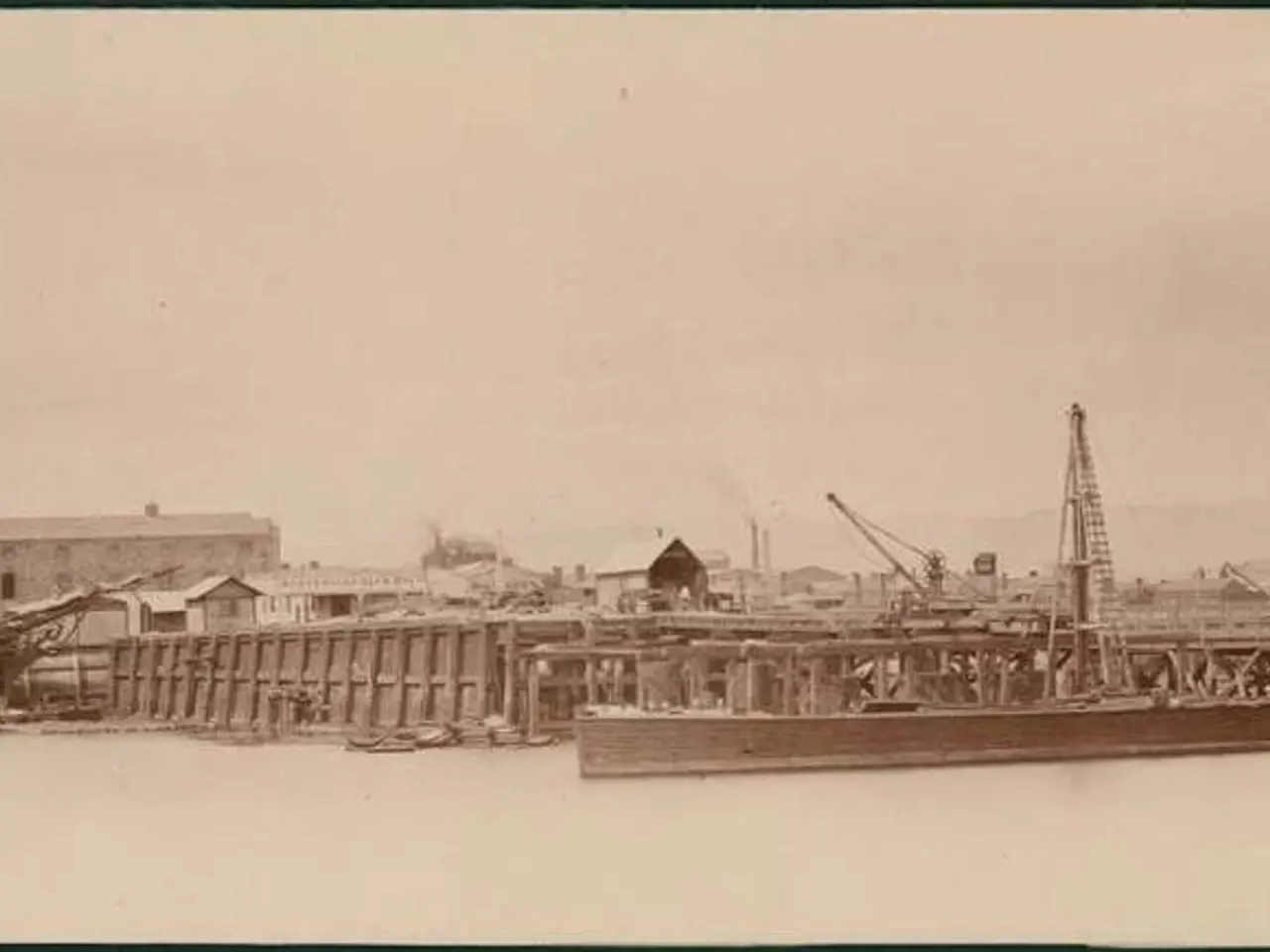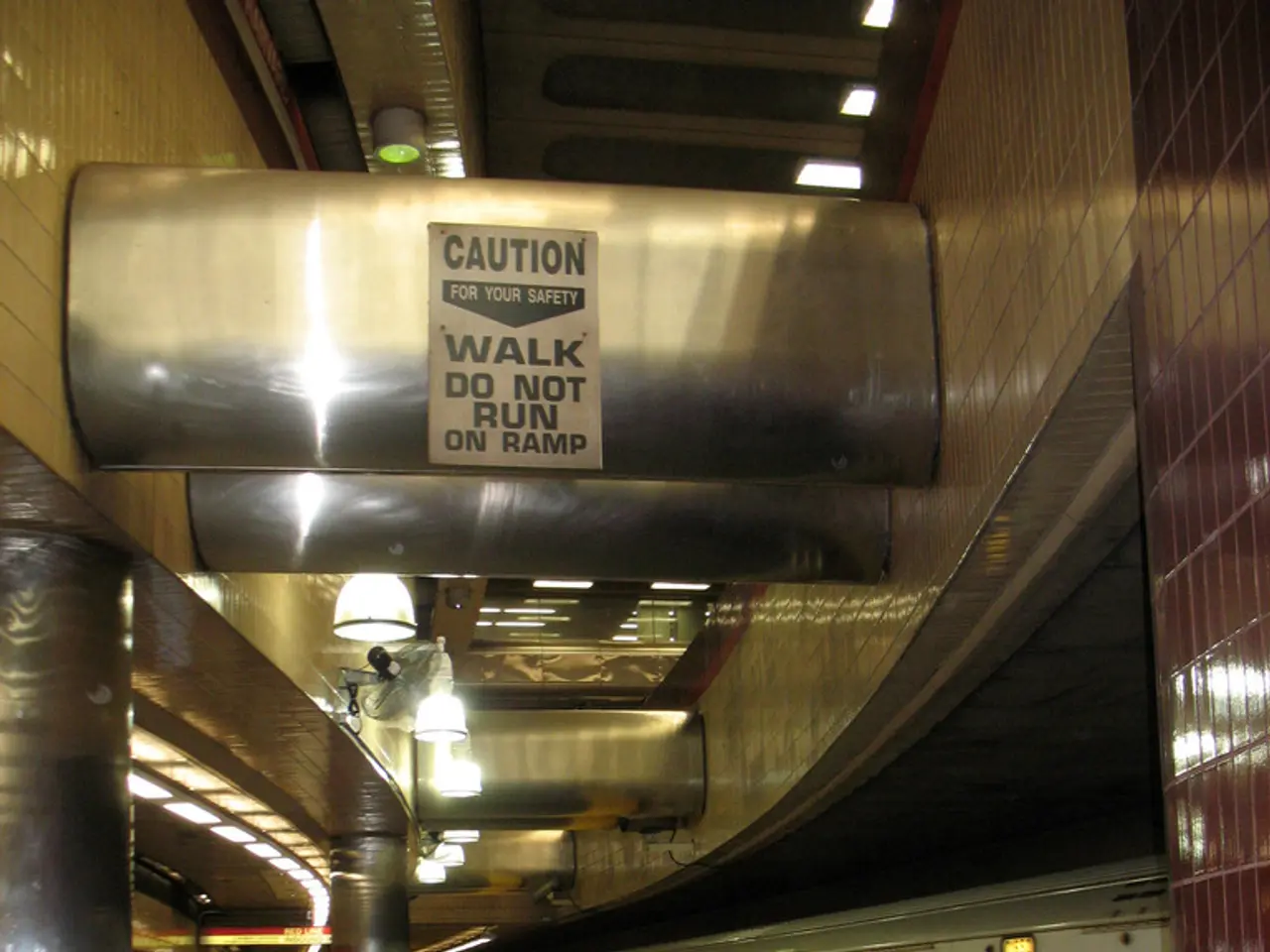Scratching the Surface of Russia's Economic Conundrums: It's Not Just About Potatoes
Escalating economic woes for Russia
Russia, the land of vast agricultural potential, is currently grappling with a shortage of potatoes and other staple foods. Even Russia's President, Vladimir Putin, has chimed in about the scarcity of potatoes, onions, and sugar beets, among other vegetables. With potato prices skyrocketing and onion prices more than doubling, Russians are feeling the squeeze.
Aside from the noticeable food shortages, inflation is escalating and currently stands at a staggering 9.6 percent, as reported by the Ministry of Economy. Higher food prices are one of the primary catalysts for rising inflation. In an attempt to contain inflation, the central bank has set interest rates to a hefty 20 percent. However, this strategy has also resulted in a challenging environment for entrepreneurs, dissuading them from investment.
Economic Minister Maxim Reshetnikov warned during the St. Petersburg International Economic Forum about the approaching recession. He expressed concern that entrepreneurs are feeling discouraged by the current interest rate levels. Reshetnikov predicts that investments in the third and fourth quarters may fall below last year's figures.
While the Russian economy has shown surprising resilience in the face of Western sanctions, primarily due to a rapid shift towards war production, it's become clear that the expansion of Gross Domestic Product (GDP) does not accurately reflect the economic potential to generate new goods and improve citizens' living standards. Instead, the GDP growth only underscores the defense industry's increasing production of drones, rockets, and tanks, financed by household funds.
Non-defense sectors have been struggling for some time, dealing with high costs, labor shortages, and technological lag, all exacerbated by sanctions. One of the hardest-hit sectors is construction and real estate, which finds itself in a severe crisis. The car industry has also been stalled since Western producers and suppliers abandoned Russia. Despite China selling more cars in Russia, they are not locally produced.
The Lada manufacturer Avtovaz, a part of the Chemesov empire, has failed to fill the gap left by Western automakers. At the St. Petersburg Economic Forum, the company launched its new model, the Lada Azimut, set for mass production next year. However, there's a backlog of existing models due to lack of demand. New car sales in Russia have plummeted after a brief surge in 2024. In the first five months, only about 450,000 vehicles were sold, a decrease of 26 percent. Avtovaz estimates a 25 percent market decline for the entire year.
Another company facing difficulty is agricultural machinery manufacturer Rostselmasch. The producer of combine harvesters and tractors sent over 15,000 employees on enforced leave. This unemployment leaves workers uncertain about their future employment prospects. Short-time work was introduced at the factory in March, and 2,000 workers were laid off in April. Despite the absence of Western competitors, the sale of combine harvesters has remained stagnant with a further drop of 10 to 15 percent expected this year. As farmers struggle with loan interest rates and increasing production costs, they're having trouble affording new technology.
Despite a promising potato harvest expected next week, food production in Russia has experienced a downturn following Putin's order to attack Ukraine. Grain production declined from a record 157 million tons in 2022 to less than that in 2023 and 2024. Lack of skilled labor, weakening economic growth, and high input costs are causing these production losses. Deputy Prime Minister Dmitri Patrushev warned that the current trend must be corrected swiftly if the goal of increasing grain production to 170 million tons and exports to 80 million tons by 2030 is to be achieved.
In conclusion, Russia's economic predicament goes beyond the agriculture industry, with challenges stemming from slowing growth, inflation, tight monetary policy, labor shortages, and structural weaknesses in the wartime economy and global trade dependencies.
- The economic problems in Russia extends beyond the agricultural sector, with issues such as slowing growth, inflation, tight monetary policy, labor shortages, and structural weaknesses in the wartime economy and global trade dependencies.
- The Russian government's efforts to contain inflation through high interest rates have created a challenging environment for entrepreneurs, as many are discouraged from investing due to the unfavorable economic conditions.




